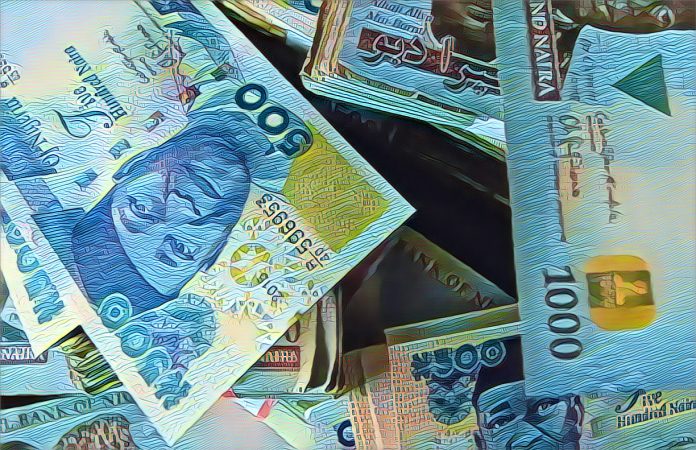The Nigerian currency, the naira, has appreciated against the US dollar in the parallel market, as the country’s external reserves increased by 0.74% in two weeks.
According to data from the Central Bank of Nigeria (CBN), the external reserves rose from $35.37 billion on February 5, 2024, to $35.64 billion on February 19, 2024, adding $270 million in value.
The naira traded at 1,576.24 per dollar on February 22, 2024, according to [Exchange-rates.org], compared to 1,597.77 per dollar on February 21, 2024, gaining 21.53 naira or 1.35%.
The naira’s appreciation was attributed to the CBN’s interventions in the foreign exchange market, as well as the increase in oil prices and production, which boosted the country’s foreign exchange earnings.
The CBN has been selling dollars to banks and bureaux de change (BDCs) to meet the demand of importers and travelers, and to curb speculation and hoarding of the greenback.
The CBN also deployed security agencies against foreign exchange speculators, and issued a new order to the NCC to block Binance and other online platforms where Nigerians buy and sell dollars.
The IMF predicted that the naira to dollar exchange rate could climb to as high as 2,081 naira per dollar by the end of 2024, due to the absence of local production and the liberalization of commodity imports³.
However, some analysts have expressed optimism that the naira will stabilize in the medium to long term, as the government implements policies to diversify the economy, improve the business environment, and attract foreign investment.
The naira Is expected to benefit from the recovery of the global economy from the COVID-19 pandemic, which has affected trade, tourism, and remittances.
The naira remains one of the most important indicators of the health of the Nigerian economy, which is Africa’s largest and most populous.
The CBN has reiterated its commitment to maintain exchange rate stability and support the naira’s value in the interest of the nation.
Source: Business day



